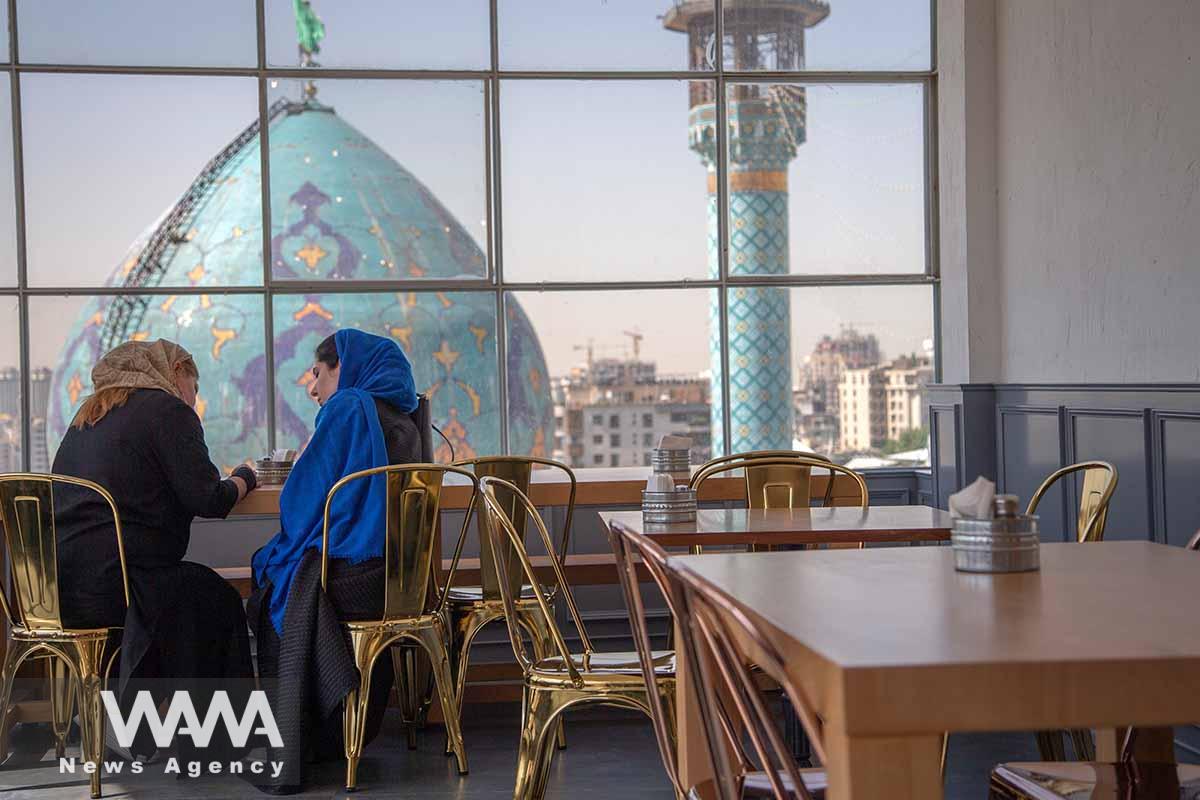Iran: Foreign Social Media Platforms Must Follow Iran’s Regulations to Operate in Iran
WANA (Nov 06) – Today, Iran’s Minister of Communications, Sattar Hashemi, addressed questions about the possibility of opening official offices for platforms like Instagram and Telegram, which are currently filtered in Iran. Speaking on the sidelines of a Cabinet meeting, he stated, “These platforms need to adhere to certain rules governing the country; an unregulated and unchecked space cannot be permitted.”
He continued: “The main issue is implementing the governance model envisioned by the Supreme Leader, and we need to find an appropriate solution for it. If we can reach a consensus on this matter, God willing, we will be able to provide new updates on this issue.”

Iran’s Minister of Communications, Sattar Hashemi. Social media/ WANA News Agency
For several years now, Iran has enforced restrictions on certain foreign social media platforms due to a combination of security and social concerns spurred by a series of familiar incidents.
This filtering policy, however, has impacted more than just the control over digital spaces; it has created significant disruptions in various areas, especially affecting online businesses and even forcing some out of existence. For many Iranians, daily life now includes the cost of purchasing VPNs to access these restricted media for different uses.
While VPNs offer a way to bypass filtering, they bring additional costs and risks. They consume more data and expose users to potential hacking and cyber threats.

Iran’s AI-Powered Advanced Platform Tackles Cyber Threats Fast
WANA (Aug 22) – Researchers at Sharif University of Technology in Iran, with support from the Connectivity and Communications Development Headquarters, have created an AI-driven system designed to enhance the security of communication networks. According to Siawash Ahmadi, a faculty member at the university, this system, called SOAR (Security Orchestration, Automation, and Response), can […]
Moreover, easy access to VPNs opens the door to content that may not be suitable for certain users—especially for teenagers and young adults, representing many of Iran’s social media users. This reality poses a social risk, raising concerns over youth exposure to unfiltered content.
Recognizing these challenges, Masoud Pezeshkian, during his presidential candidacy, promised the Iranian people to lift the digital filtering restrictions and address the cascading harms that have affected society. Since he assumed office, the topic of internet filtering has resurfaced repeatedly. Yet, every time, officials have responded with a familiar refrain: “It’s under review.”
The question that lingers is when these restrictions, which have frustrated so many Iranians, will end. What approach will Iran ultimately adopt to ensure effective oversight of its digital spaces and an online environment free from today’s limiting constraints?

Internet filtering in Iran, what are the reasons and justifications?
WANA (June 15) – In the first days of June 2023, Iran’s Interior Minister, Ahmad Vahidi, emphasized again, “Whenever foreign platform holders make commitments to the government and Ministry of Information and Communications Technology of Iran, a decision will be made about lifting filters on them.” He pointed out that, as per reports, they have […]












